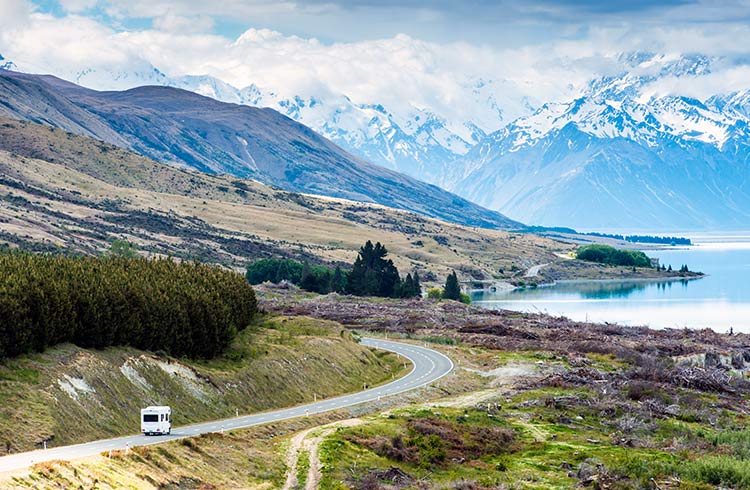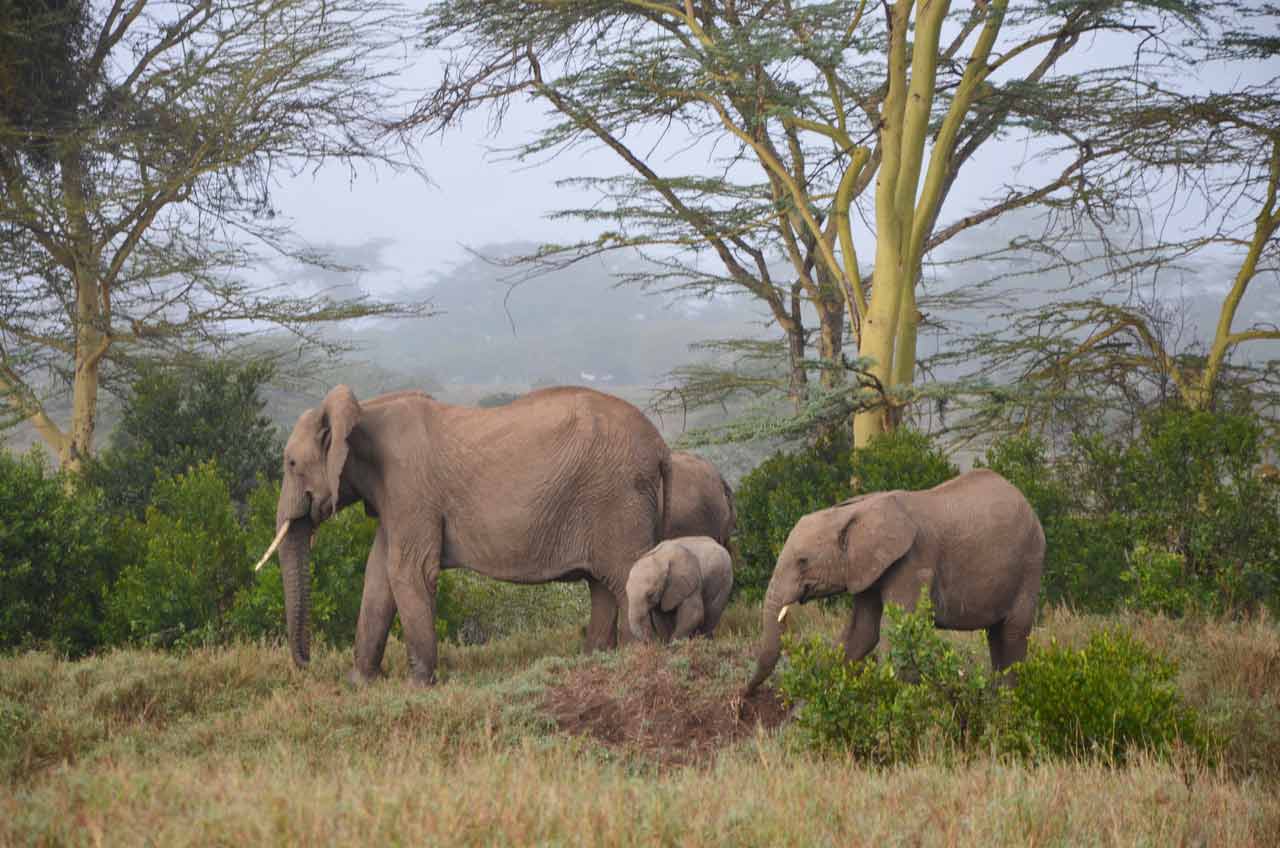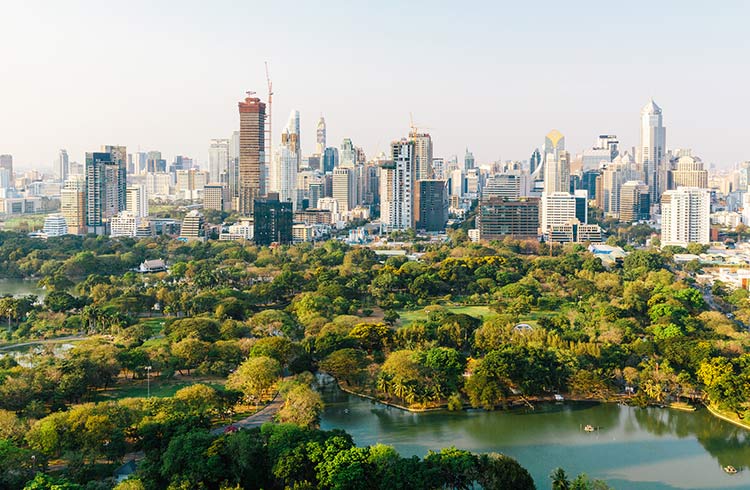20 Ways to Be a Better Traveler
Small changes can make a big difference to the people and places you encounter on your travels. Adopt these ethical and sustainable habits, and you can proudly call yourself a responsible traveler.
 Photo © Getty Images / Mint Images
Photo © Getty Images / Mint Images
Before you set off on your long-awaited next adventure, why not take the time to plan how you could make a more positive impact? Whether packing our bags, boarding a flight, or making ethical and sustainable choices on the road, this is our chance to travel differently – and care for the planet in such a way that it can be enjoyed by generations more travelers to come.
1. Choose an ethical tour operator
Money talks. Supporting those who are doing the right thing by people, animals and the planet encourages more operators to do the same.
2. Book eco accommodation
Lay your head somewhere genuinely committed to sustainability. Carbon-neutral, plastic-free and conservation-minded stays will boost the feelgood factor of your trip.
3. Support social enterprises
Social enterprises empower local communities and improve people’s quality of life. Seek them out – it might just be a highlight of your trip.
4. Reduce your travel footprint
What you pack, how you get around and where you stay – all these choices add up to create your travel footprint. Every little thing you can do to minimize your impact helps.
5. Go where you’re most welcome
For every popular travel destination, there are many more that are just as fabulous – and much less crowded. Seek them out and go where you’ll truly feel welcomed.
6. Rethink your toiletries
Shampoo bars over bottles; reusable menstrual products over disposable; biodegradable over plastic – go natural and reduce waste wherever possible.
7. Go plastic free
Plastic water bottles, straws, cutlery and bags create mountains of waste – pack reusable alternatives and take them home with you for your next adventure.
8. Make green flying choices
Book with the most fuel-efficient airlines, avoid stopovers if you can, and opt for the vegetarian meal option. Simple steps for a more sustainable future.
9. Take the slow road
Stay a little longer in one place, immerse yourself in the culture, get to know the people. Slow travel has a whole lot of appeal – and does the planet a favor.
10. Get around under your own steam
Low-impact travel – by train, bicycle, boat or your own two feet – will reveal a side of local life you’d never be privy to whizzing by at speed.
11. Show a little kindness
It costs you nothing, yet acts of kindness can bring some real sunshine into the days of all those helpers looking after you on your travels.
12. Eat with awareness
Exploring new flavors in foreign lands is one of the delights of travel. Just be sure you know what you’re eating and that you’re not unwittingly supporting animal cruelty.
13. Be a more respectful traveler
Go gently when you travel, taking photos with sensitivity and respecting the lives and beliefs of locals – especially in places of worship. You’re a guest in their country, after all.
14. Impress the locals
Minding your manners comes naturally at home, but learn a little about local etiquette before your trip to avoid making cultural mistakes that could cause embarrassment on both sides.
15. Be a good shopper
Buy local, hand-made goods over mass-produced imports, and haggle with the big picture in mind – your generosity can help locals earn a fair wage.
16. Keep it pristine
Find alternatives to overtrodden national parks, and be a responsible hiker, diver, skier and camper – the earth depends on it.
17. Be smart on social media
Geotagging has created overtouristed Instagram hotspots. Use social media mindfully for good – to inspire, inform and shine a light on issues that need our attention.
18. Watch out for wildlife
See animals in the wild, and from a distance, rather than fueling the demand for captive-wildlife tourism. And whatever you do, give elephant riding a miss.
19. Give back
Travel can highlight just how fortunate we are, but choose an ethical volunteer-abroad organization to be sure you’re truly doing good – helping out in an orphanage is a definite no-no.
20. Do no harm
Take care not to support industries that exploit children, animals or vulnerable populations. Sex tourism, cocaine tourism and poverty tourism should be avoided at all costs.
For more responsible travel inspiration, read the World Nomads Travel Manifesto.
Related articles
Simple and flexible travel insurance
You can buy at home or while traveling, and claim online from anywhere in the world. With 150+ adventure activities covered and 24/7 emergency assistance.
Get a quote


3 Comments
Why is volunteering at an orphanage a no-no? Eating vegetarian is not less of an impact than eating meat, fowl or fish. And we should all stop wearing masks and gloves because they don’t protect you from any virus and only pollute the planet more than plastic utensils or straws. Please stop brainwashing our children.
Hey Cat,
Most studies show that a plant based diet has less of an impact on carbon emissions compared to meat-eaters. I don’t think the author was trying to suggest that vegetarianism or veganism is perfect, but eating less meat will certainly benefit the planet.
Here’s a media article that draws on recent research to present these findings.
http://shrinkthatfootprint.com/food-carbon-footprint-diet
Hello: love the information! I would like to learn how to pack smarter and more efficient. This has been one of my most difficult tasks! Please help me!
Thanks!
Carmen